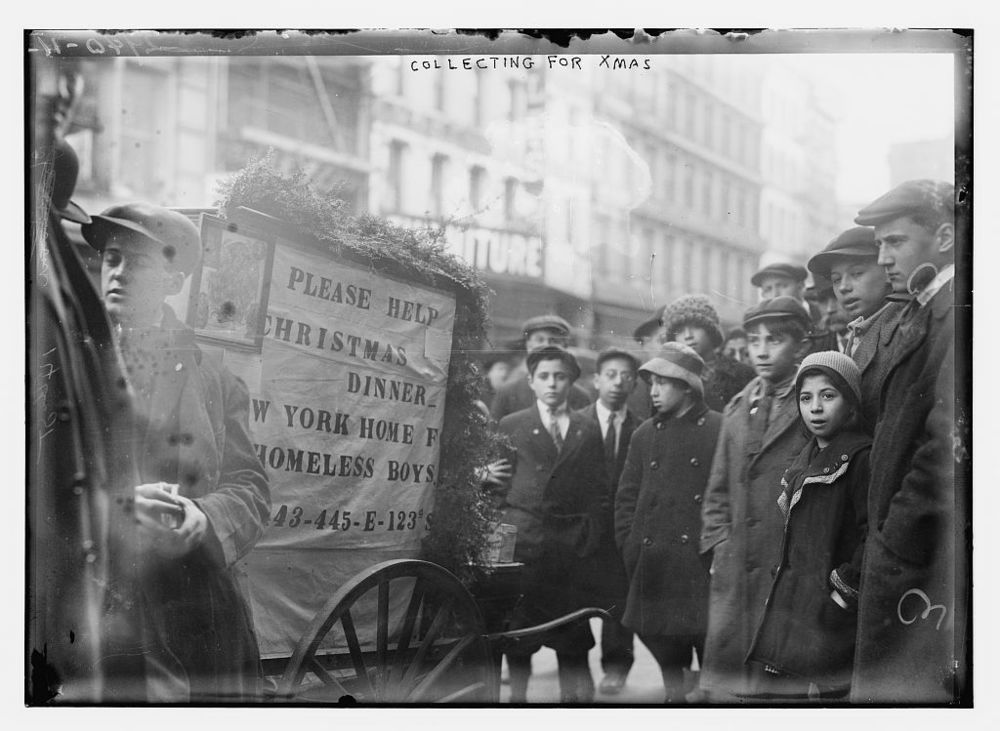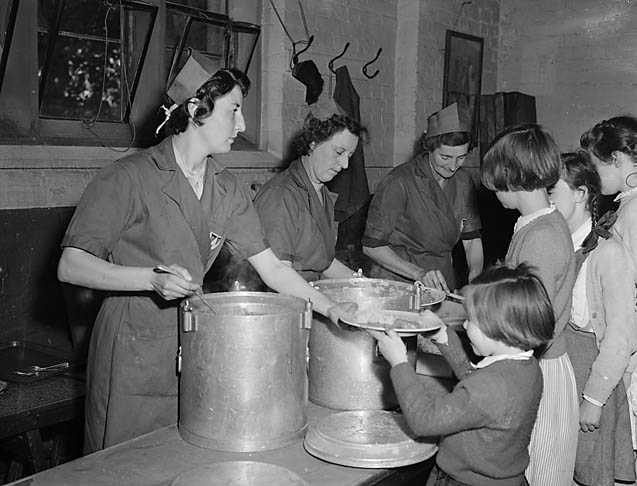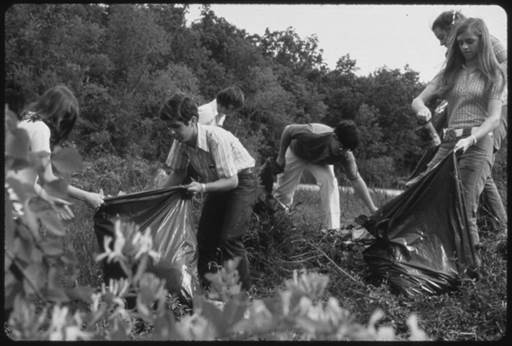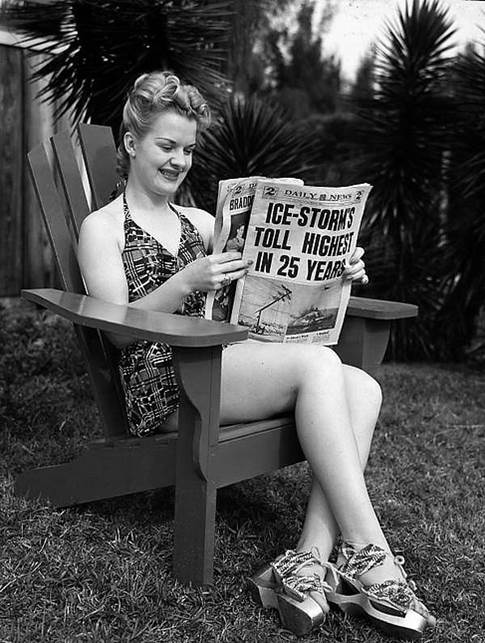 Inspired by other successful Tweetathons, #HousingDay looks to shine a light on the work delivered by housing associations across the UK.
Inspired by other successful Tweetathons, #HousingDay looks to shine a light on the work delivered by housing associations across the UK.
by Adrian Capon
An idea to raise the profile of UK Housing from a tweetathon was sparked by the success of various initiatives #Walsall24, Greater Manchester Police and Local Government's #Ourday. At Commscamp 13, I asked Rae Watson from the Tenants Participation Advisory Service (TPAS) whether this would be something worth doing. From my time at Yorkshire Housing and seeing what we do, I am passionate to show the diversity of the UK housing sector and the work that unites us all.





















